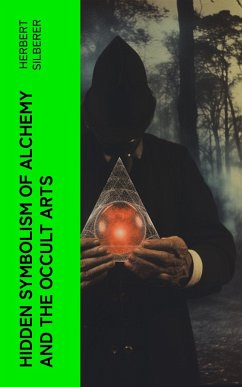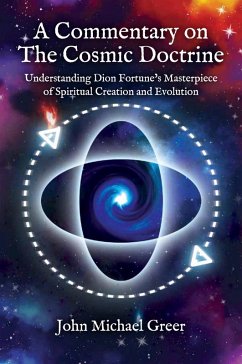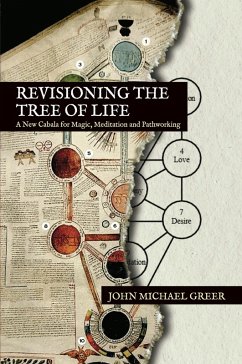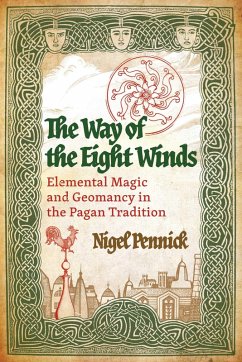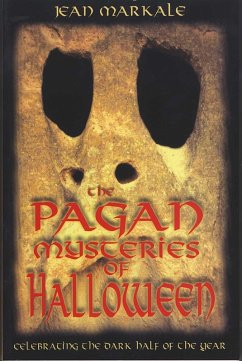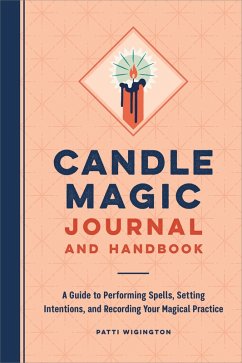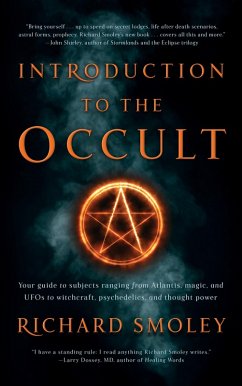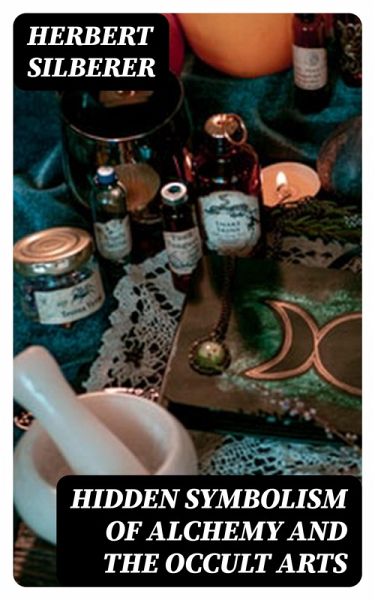
Hidden Symbolism of Alchemy and the Occult Arts (eBook, ePUB)
Versandkostenfrei!
Sofort per Download lieferbar
1,99 €
inkl. MwSt.
Weitere Ausgaben:

PAYBACK Punkte
0 °P sammeln!
In "Hidden Symbolism of Alchemy and the Occult Arts," Herbert Silberer delves deep into the esoteric traditions of alchemy and its intertwining with occult practices. Silberer employs a psychoanalytic approach, revealing layers of symbolic meaning behind alchemical texts and illustrations, which he argues serve as not only practical manuals for transformation but also as profound explorations of the psyche. The literary style is intellectually rigorous, interspersed with philosophical reflections that affirm the significance of symbolism in the understanding of both alchemical processes and th...
In "Hidden Symbolism of Alchemy and the Occult Arts," Herbert Silberer delves deep into the esoteric traditions of alchemy and its intertwining with occult practices. Silberer employs a psychoanalytic approach, revealing layers of symbolic meaning behind alchemical texts and illustrations, which he argues serve as not only practical manuals for transformation but also as profound explorations of the psyche. The literary style is intellectually rigorous, interspersed with philosophical reflections that affirm the significance of symbolism in the understanding of both alchemical processes and the human condition. Placing alchemy within its historical context, Silberer illustrates its relevance in the broader pursuits of enlightenment and self-knowledge during the late 19th and early 20th centuries. Herbert Silberer, an Austrian psychiatrist and a pupil of Sigmund Freud, brings a unique psychological lens to the study of alchemy. His fascination with metaphysical concepts and their psychological implications stemmed from his belief that the inner workings of human thought could be explored through these ancient practices. Silberer's synthesis of psychology and alchemical theory not only reflects his academic background but also his commitment to uncovering the conscious and unconscious forces that propel humanity's search for meaning. This text is an essential read for anyone intrigued by the intersections of psychology, mysticism, and historical philosophy. Silberer's meticulous analysis invites readers to engage deeply with the transformative power of symbols, making it a valuable resource for scholars, practitioners of psychology, and seekers of spiritual enlightenment alike.
Dieser Download kann aus rechtlichen Gründen nur mit Rechnungsadresse in A, B, BG, CY, CZ, D, DK, EW, E, FIN, F, GR, H, IRL, I, LT, L, LR, M, NL, PL, P, R, S, SLO, SK ausgeliefert werden.




